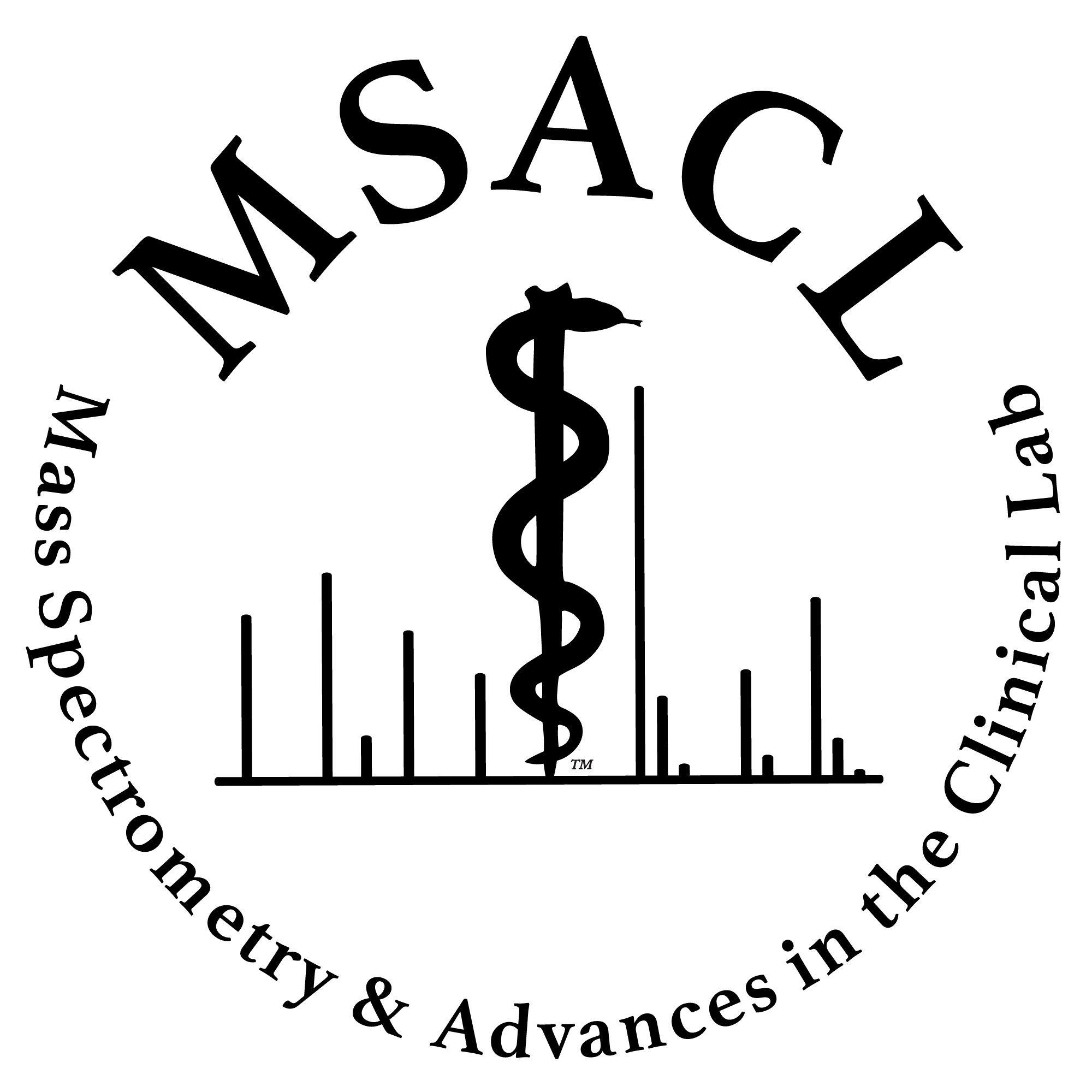|
Abstract Background:
Managing Bloodstream Infections requires fast and accurate diagnostics. Current diagnostic methods for identification from positive blood culture require 24-hour subculture, potentially delaying time to appropriate therapy. In this study, we developed a direct-from-specimen, lipid-based MALDI-TOF MS platform, Fast Lipid Analysis Technique (FLAT), and compared it to several FDA-cleared, direct from blood culture diagnostic platforms.
Methods:
Positive blood cultures were collected (n=301) from September 2021 to August 2022 at the University of Maryland Medical Center. Platforms compared were FLAT, BioFire® BCID2, and Rapid Sepsityper®.
Results:
For monomicrobial cultures, lipid-based MS with FLAT identified 81.0% (85/105) of Gram-positives, 94.9% (149/157) of Gram-negatives, and 63.6% (7/11) of yeast. BioFire® BCID2 identified 85.7% (90/105) of Gram-positives, 89.8% (141/157) of Gram-negatives, and 90.9% (10/11) of yeast. Rapid Sepsityper® identified of 61.0% (64/105) of Gram-positives, 89.8% (141/157) of Gram-negatives, and 45.5% (5/11) of yeast. For polymicrobial cultures, FLAT had 71.4% (20/28) partial identifications and 28.6% (8/28) complete identifications. BioFire® BCID2 had 7.1% (2/28) partial identifications and 92.9% (26/28) complete. Sepsityper® 82.1% (23/28) and 10.7% (3/28) had partial and complete identifications, respectively, and 7.1% (2/28) without identifications, Time-to-results for BioFire®, Rapid Sepsityper®, were 60, 65, and 35 minutes, respectively. Hands-on time was 10, 5, and 25 minutes, respectively.
Conclusions:
Performance of these platforms can reduce time-to-results and may help effectively treat bloodstream infections faster. FLAT outperformed the current FDA-cleared, direct-from-blood culture MS method, Sepsityper®. Furthermore, FLAT had comparable result to the molecular assay BioFire® BCID2; however, cost is an important factor to be considered as lipid-based MALDI-TOF MS is much less expensive than molecular methods.
|

